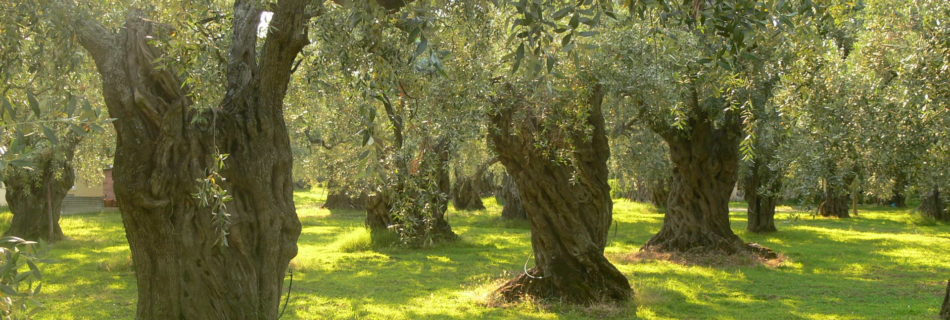Why farming has to change: lessons from Abruzzo

In our last blog Phil, Founder of Better Food, talked about his experience making pasta with the Ferante family. In this second installment, he draws our attention to some of the social and environmental issues impacting farmers in the region.
The olive harvest
…Well, actually, this year there was zero olive harvest. All the fruits in the Abruzzo region had been attacked by the olive fly. The olive fly lays eggs inside the olive and the larvae eat the fruit. It’s a complex problem with no one cause, but it has been exacerbated by mild winters. Conventional producers are also losing trees to fungal disease. The result of spraying crops with glyphosate. Spraying plants with herbicides is like taking antibiotics. As an ‘anti-life’ chemical it destroys all biological organisms, leaving the soil and plant devoid of any natural defence.
Our impact on the landscape
There is much that is wonderful about the simple farming life in Abruzzo region. The landscape is so beautiful, with steep hills and a sense of community. While its people are generous and warm hearted.
However it would appear that the slow creep of environmental degradation caused by conventional farming remains unquestioned. One such practice that highlights this is the ploughing of very steep hillsides. The neighbouring farmers use heavy duty tractors. Over time this has led to soil erosion. Farmers that I spoke with say they have always farmed this way. I came across one farmer who considered himself organic because he did not buy and use chemicals on his farm. But he was happy to plough steep hills; to buy in non-organic feed; and to keep his animals in all year round. Clearly there is a difference in what they and I consider to be ‘organic’. And perhaps this difference in perceptions deserves more of our attention if we really want change.
The controversies of conventional practices
Ploughing is common method in monoculture farming. Today it is typically used in the production of animal feed. Depending on the season, Lucerne, a perennial flowering plant in the pea family (also known as alfalfa), or wheat is used.
Conventional farming methods are not value-based (e.g. organic, ethical, fair). But rather they are based on efficiency and wealth creation. Farmers are given subsidies that do not offer incentive to change practices. Instead they encourage mechanization, farmland expansion, and specialization in cash crops like animal feed. All the while, farmers are told what crops and chemicals to use. Policies have been influenced by corporates, farming lobbies and techno-science interests meaning that chemicals like Monsanto’s glyphosate are approved despite their potential harm. For a sustainable food system we need policies that use the Precautionary Principle. Monocultures, deep ploughing and chemical inputs are among the human activities that upset natures balance. They reduce above and belowground biodiversity, which in turn increases the likelihood of pest outbreaks and failed harvests.
Building better relationships
While there is a strong culture in Abruzzo of small family farms, the pressure to succumb to the market is evident. Farmers will continue to choose profit before long-term social-ecological resilience unless they can be better educated. They need to made aware of the long-term impacts of conventional farming and that another way exists. And the policy environment has to allow them the incentives to choose organic practices and improve landscape diversity.
Under these circumstances, it takes relationships between business and farmers, like those between Better Food and the Ferante family, to preserve traditional or change conventional practices and consider people and the environment in decision making. Read my last blog to hear this story.
Maybe the pest outbreak will shock others into action to make the long-term changes that are desperately needed. Something has to change; the livelihoods of farmers and the beautiful Abruzzo landscape are at stake.
Phil is the founder of Better Food. The opinions expressed in this article are the author’s own.
Tags: #BetterFood, #BristolFood, farmers, Organic, Sustainable farming
